Karen Tay, Singapore's Smart Nation director, was recently in Washington D.C. to run a workshop for the World Bank on how to develop “smart cities." She says: “'Smart cities' is honestly a buzzword... when I get invited to speak, most people expect me to start with cool tech like AR, VR, AI, modeling and simulation, blockchain and the like. The fact is that cities are complex ecosystems with very established ways of operating. If we want to disrupt them with technology in a way that benefits the masses (i.e. not just the upper middle class), we need dedicated work from the ground-up, coupled with political commitment." Karen Tay's five tips for smart city efforts come from conversations and projects with smart city leaders around the world.



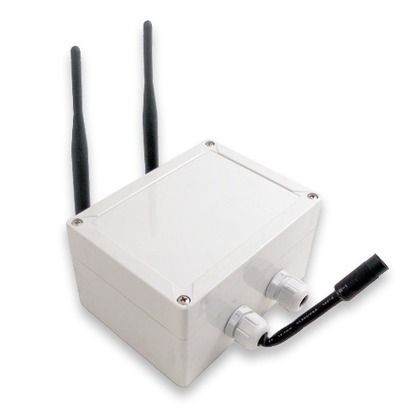


 Your new post is loading...
Your new post is loading...
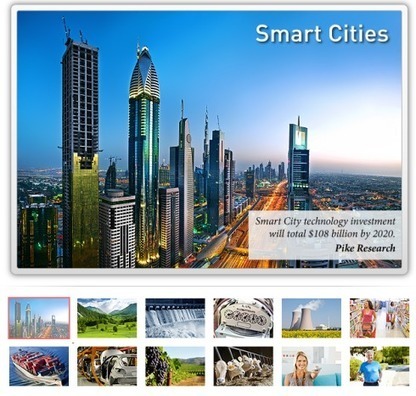



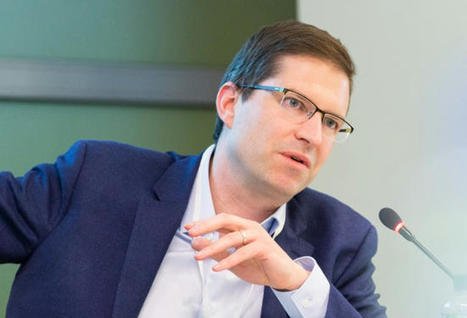
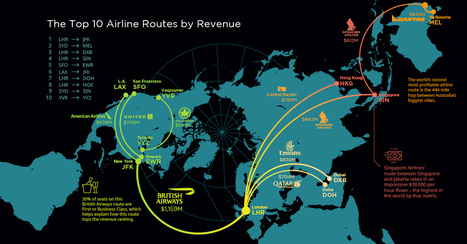


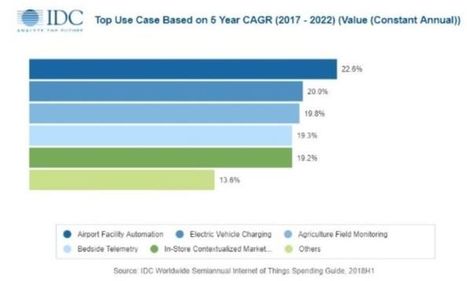
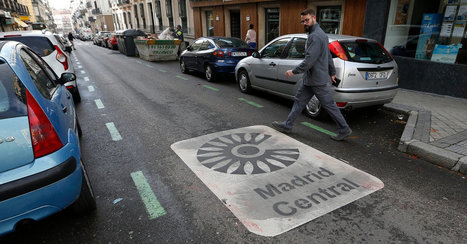
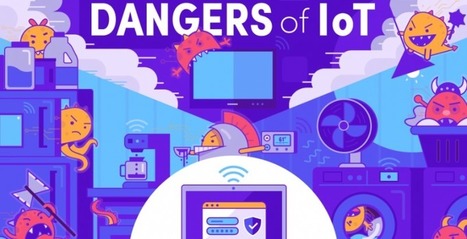




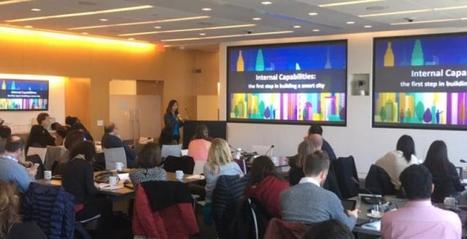
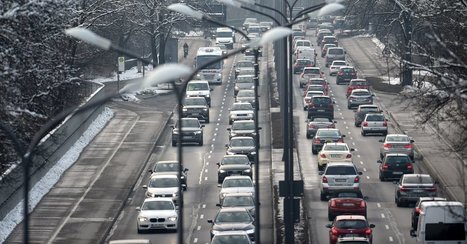



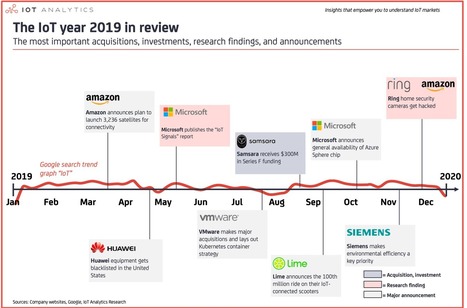
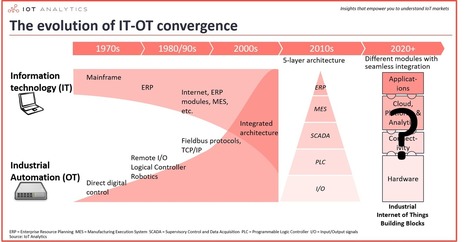

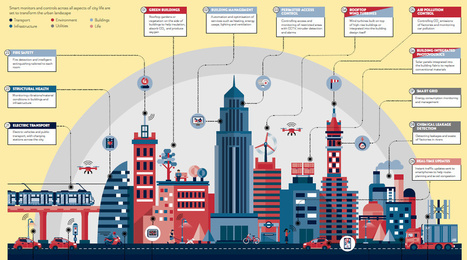


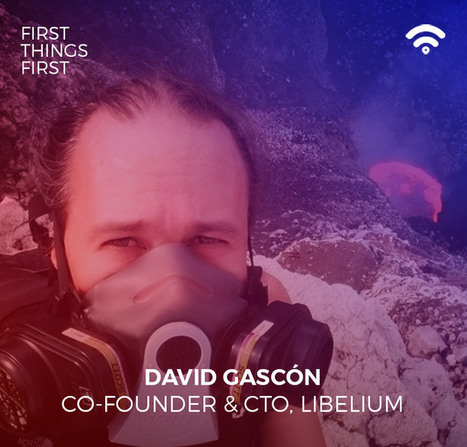
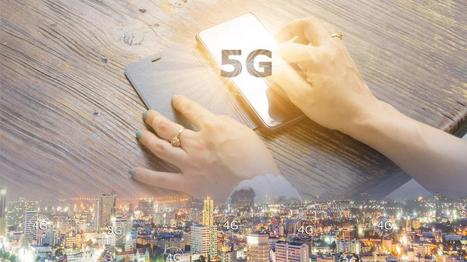




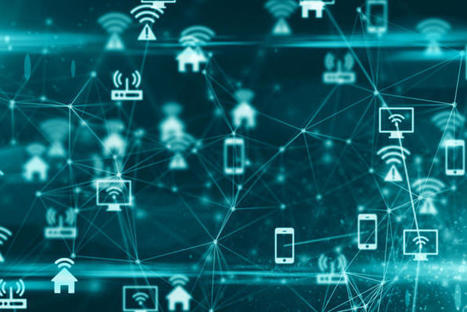





Cities can use wireless sensors to monitor urban noise -- collecting information remotely and in real time. Such is the case in the SmartSantander project in the north of Spain. It is a trend that has more cities looking at hybrid solutions to collect environmental data (noise, traffic, air pollution) and getting citizens involved as well.